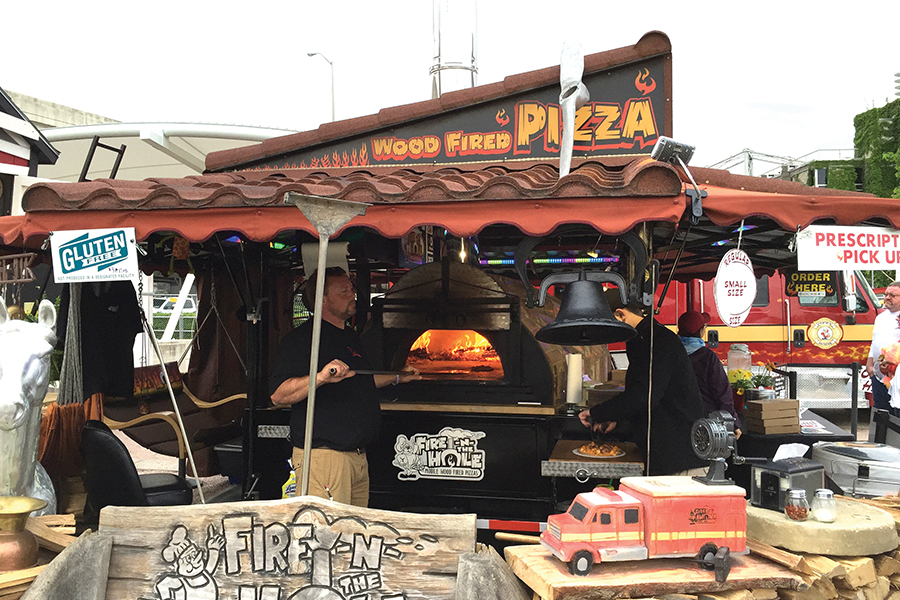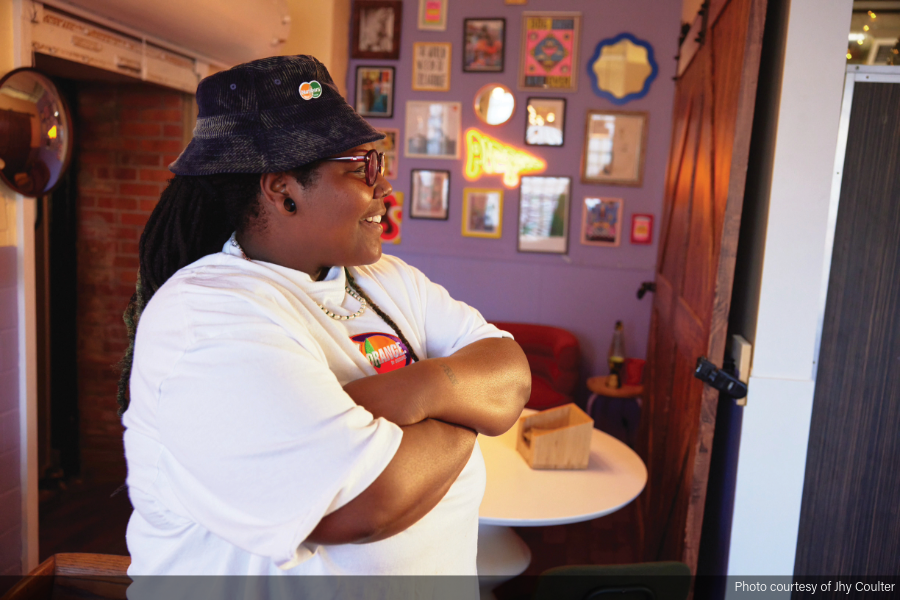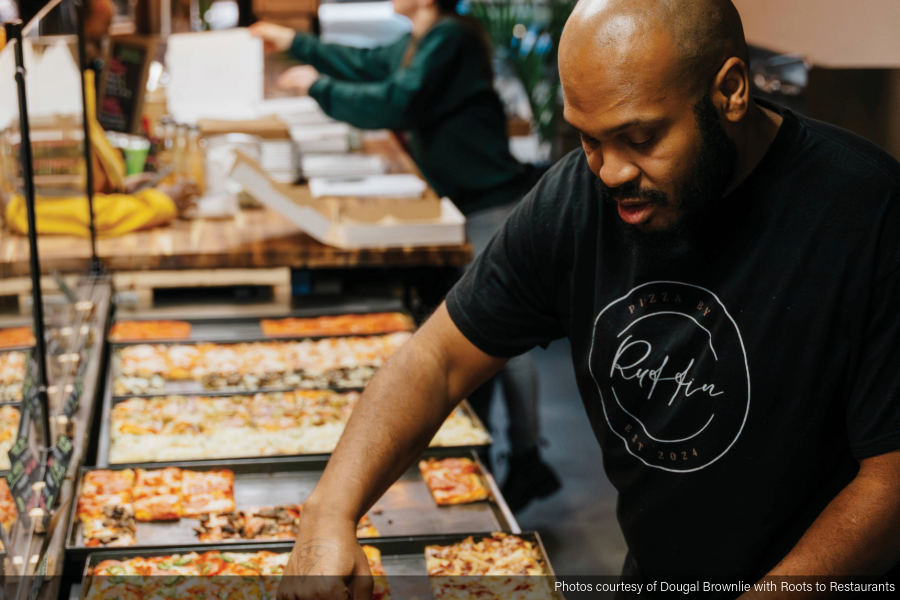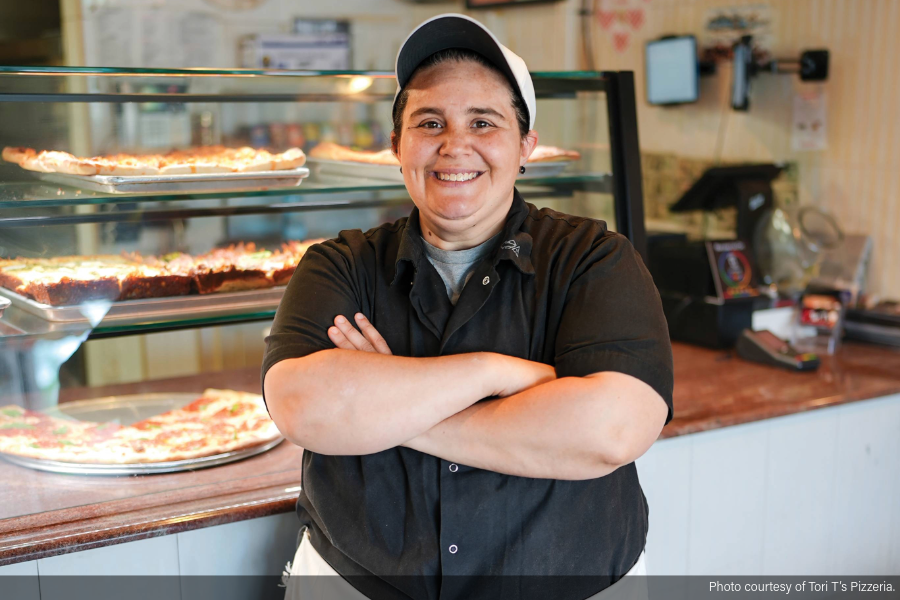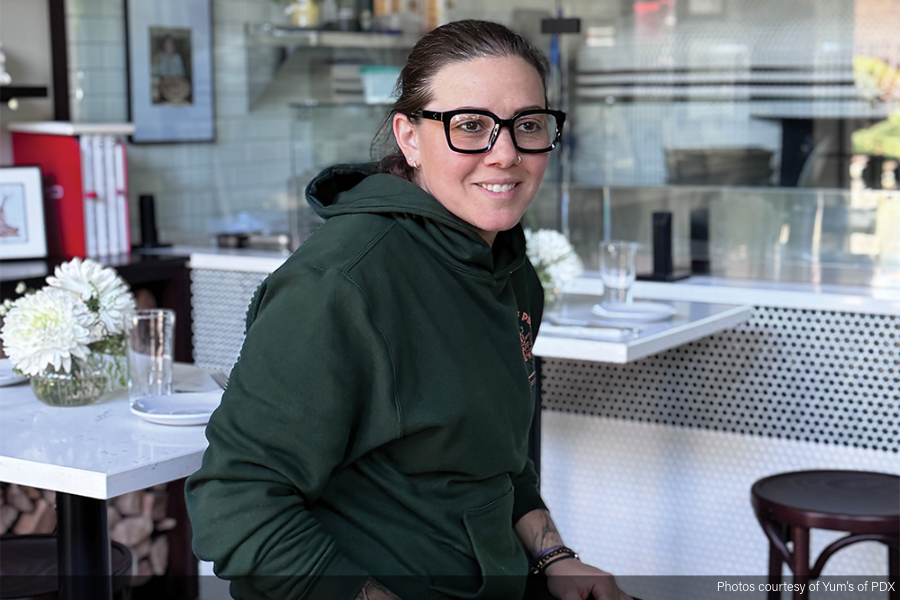A few weeks ago, I ran into a friend who makes pizza for a living. She got her start about five years ago and has been busy running pop-ups at bars and events ever since. She told me about plans to shift up from running spotty pop-ups to something more dependable but expressed frustration as to what that might look like. All she knew was that she didn’t want to settle into a brick-and-mortar location. So many young pizza makers are in the exact same situation: unhappy with the limitations of pop-ups, but uninterested in opening a restaurant.

Scott Wiener
Founder, Scott’s Pizza Tours and SliceOutHunger.org
Pop-ups are a tempting way to get into the pizza business because both obligation and risk are minimized. You can partner with a local bar or event space and set up a schedule that fits your life. No need to write a huge menu, just offer a few options you can execute with minimal setup. It only takes a couple people to run the show and some additional time and labor for ingredient prep. If you’re renting space at a commissary kitchen you have the benefit of only paying for the time you need, unlike monthly rent at a restaurant where you’re paying even if the lights are off. At a pop-up, your customers expect and require much less than they would at a brick-and-mortar restaurant. Sounds like bliss, right?
The problem with pop-ups is scale. They work great as a side hustle, but not as a full-time business. Since the pop-up relies entirely on YOU, it’s impossible to call in sick or go on vacation without losing a gig. Maybe you’ve built a loyal and adoring fanbase, but relying too heavily on them will lead to customer burnout. If you’re popping up in different locations every week, the uncertainty of not controlling your own space might be enough of a challenge to derail you. It’s not a long-term business model.
For anyone who wants to be a pizza maker but doesn’t want to be trapped within four walls, catering is a logical solution. Nomadic pizza making sounds fun, but popping up at a bar on a slow business night just to throw away dozens of doughs and hours of hard work does not. Catering events fixes that problem. I used to think of catering as a service business with multi-cuisine menus and options galore, but pizza-specific service is in high demand right now. I get several e-mails every month asking me to recommend mobile pizza catering companies.
The more I think about the limitations of pop-ups, the more I think about independent rock bands. When I used to play in one, we had to be careful about how many shows we booked in the same area. It was important to spread ourselves out to reach more people. I wonder if there’s room for nomadic pizza makers to go on tour to reach a wider audience and build their brand. Sure, there are complications with local health codes and traveling with ingredients, but it’s not impossible. Wouldn’t it be interesting to see a network of traveling pizza makers bringing their talents to different cities every week?
I love the fact that so many people have been bitten by the pizza bug over the past few years and it makes me extremely excited about what the business will look like in the future. One thing I’m convinced of is that it won’t be confined by ingredients, style or walls.
SCOTT WIENER is the founder of Scott’s Pizza Tours in New York City and SliceOutHunger.org Instagram: @scottspizzatours
